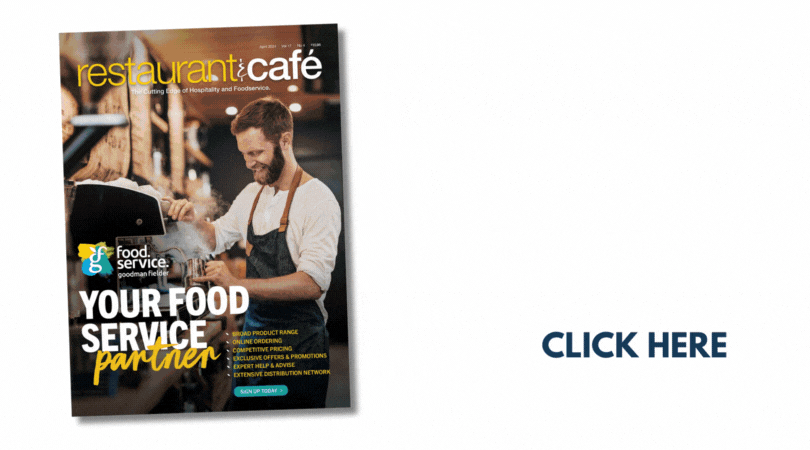As industries across the United Kingdom are set to face the government's budget, UK Hospitality has called upon the chancellor to listen to its three main, critical asks.
A three percent cap on business rates increases
The proposed 6.7 percent increase to business rates for up to 20,000 hospitality businesses will push yet more businesses to failure. For those that survive, it will simply divert spending earmarked for investment into the higher rates payments.
Temporary changes to employer National Insurance Contributions
A cut in the lower rate of employer NICs to 10 percent and increasing the threshold at which contributions are made by the employer will help businesses manage the increase in the National Living Wage.
A lower rate of VAT for hospitality, leisure and tourism
A 12.5 percent VAT rate is proven to boost demand, generate revenue and keep prices low. It is the single greatest catalyst for growth in hospitality, with 70 percent of businesses passing through reduced prices to customers.
UKHospitality said that it is critical that action is taken to support business survival, protect jobs and provide the conditions for rapid growth that the sector has demonstrated it can deliver. The proposals have a downward impact on prices and drive investment for growth in the immediate term.
According to CGA by NIQ and Alix Partners, the number of licensed premises opening has slowed each year since December 2020.
In the year to December 2021, there were 4,532 openings, which reduced to 3,989 in the year to December 2022 and 3,222 in the year to December 2023.
When it comes to closures, they continue to mount with 6,180 in the year to Dec 2023. This brings the total number of closures since Dec 2020 to 22,859.
"These stark closure figures underline the seismic challenges facing hospitality businesses. It is now a case of supporting the sector or losing many businesses for good," said Kate Nicholls, CEO of UKHospitality.
"It’s clear that endless price rises and an ever-growing tax burden has left businesses on the cliff-edge, and has deterred investment. Venues have had no choice but to use their cash reserves to pay bills, keep the lights on and help people remain in jobs, instead of investing in and growing their businesses."






